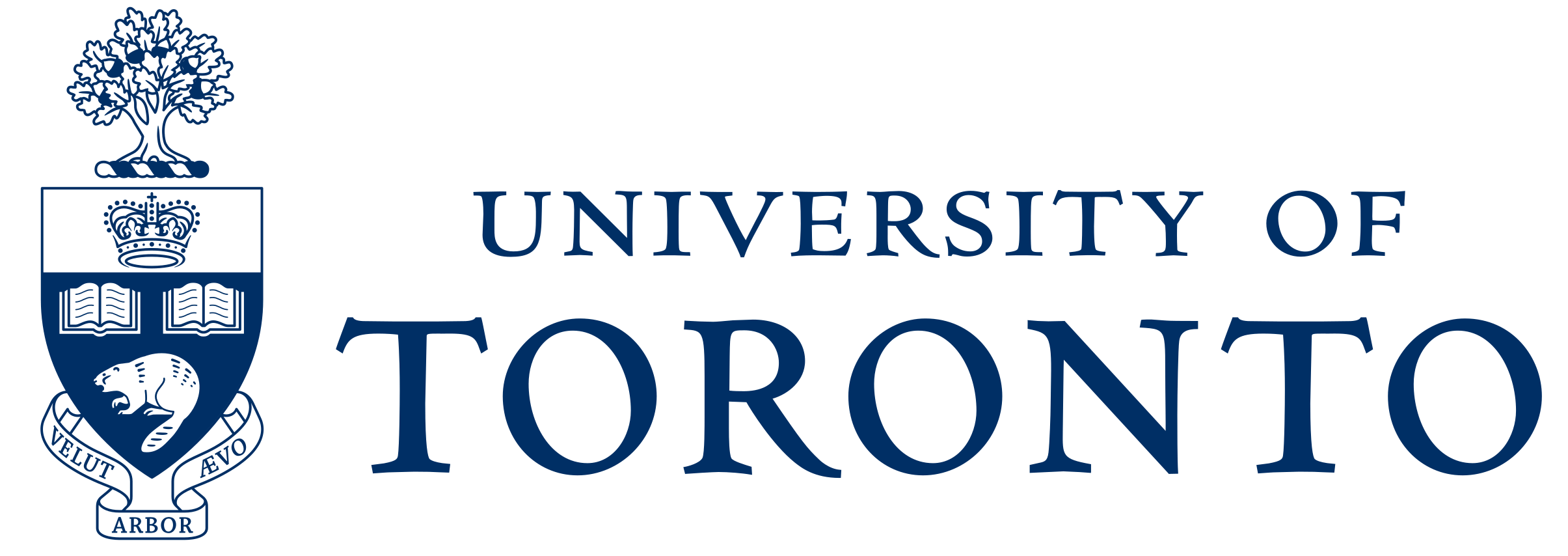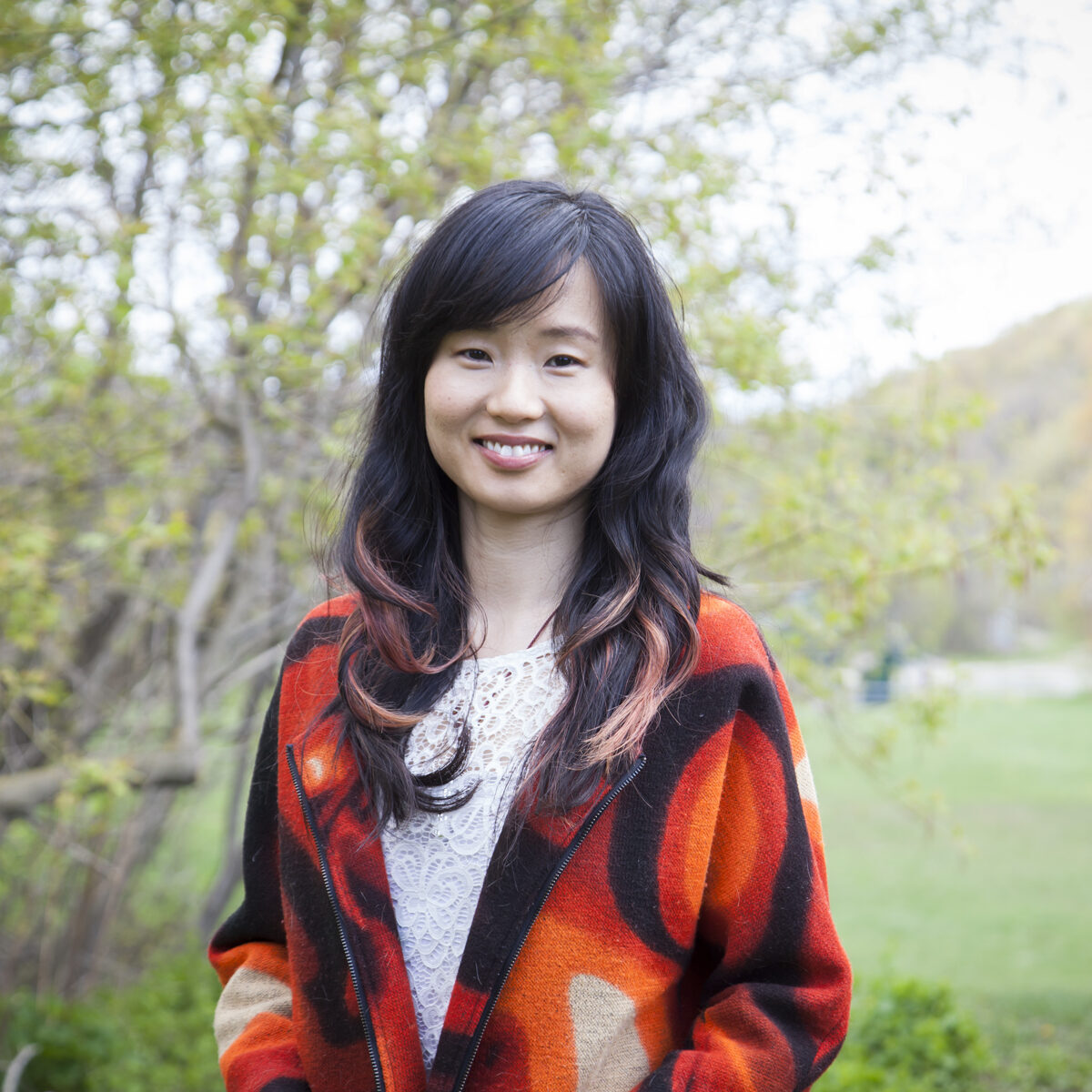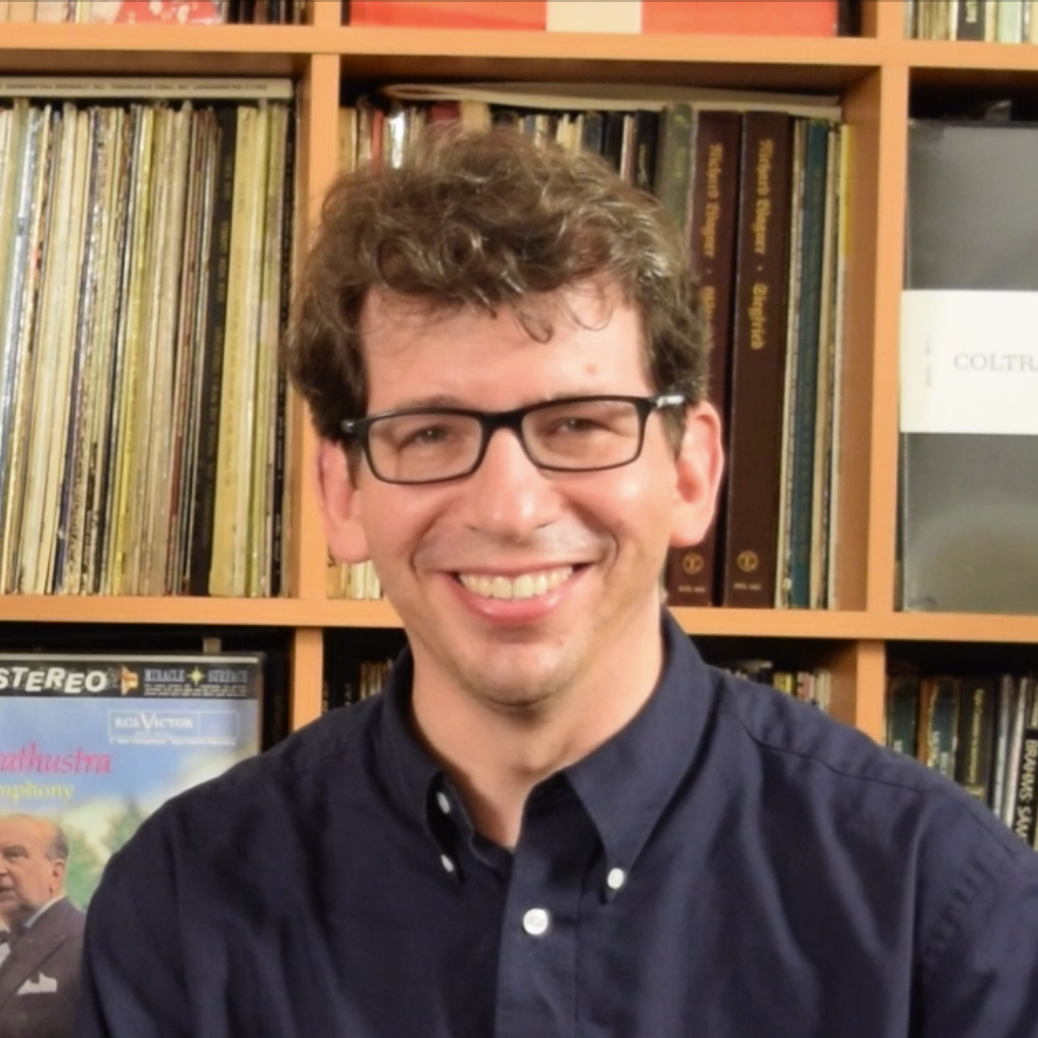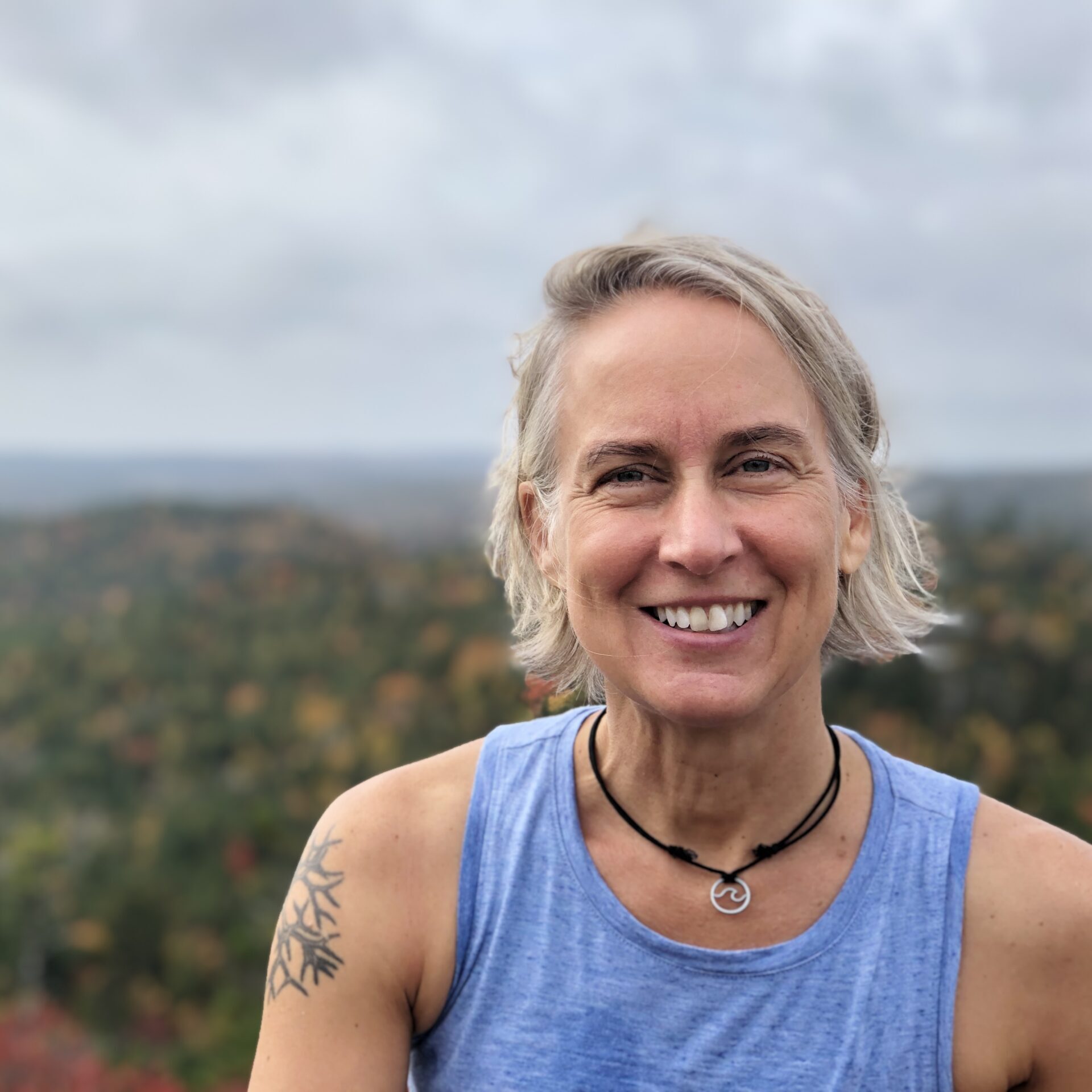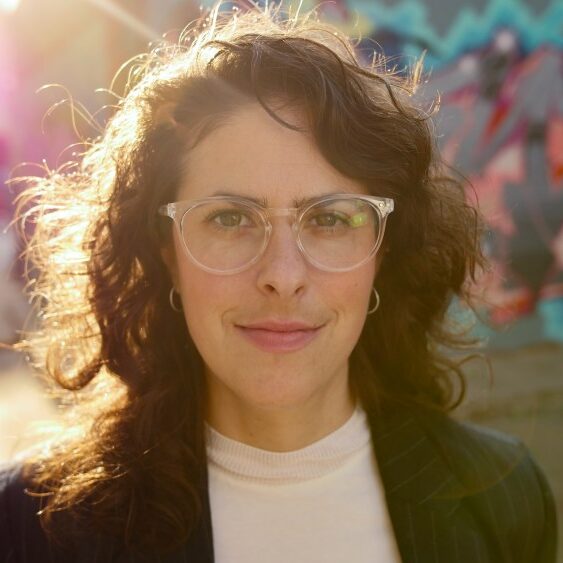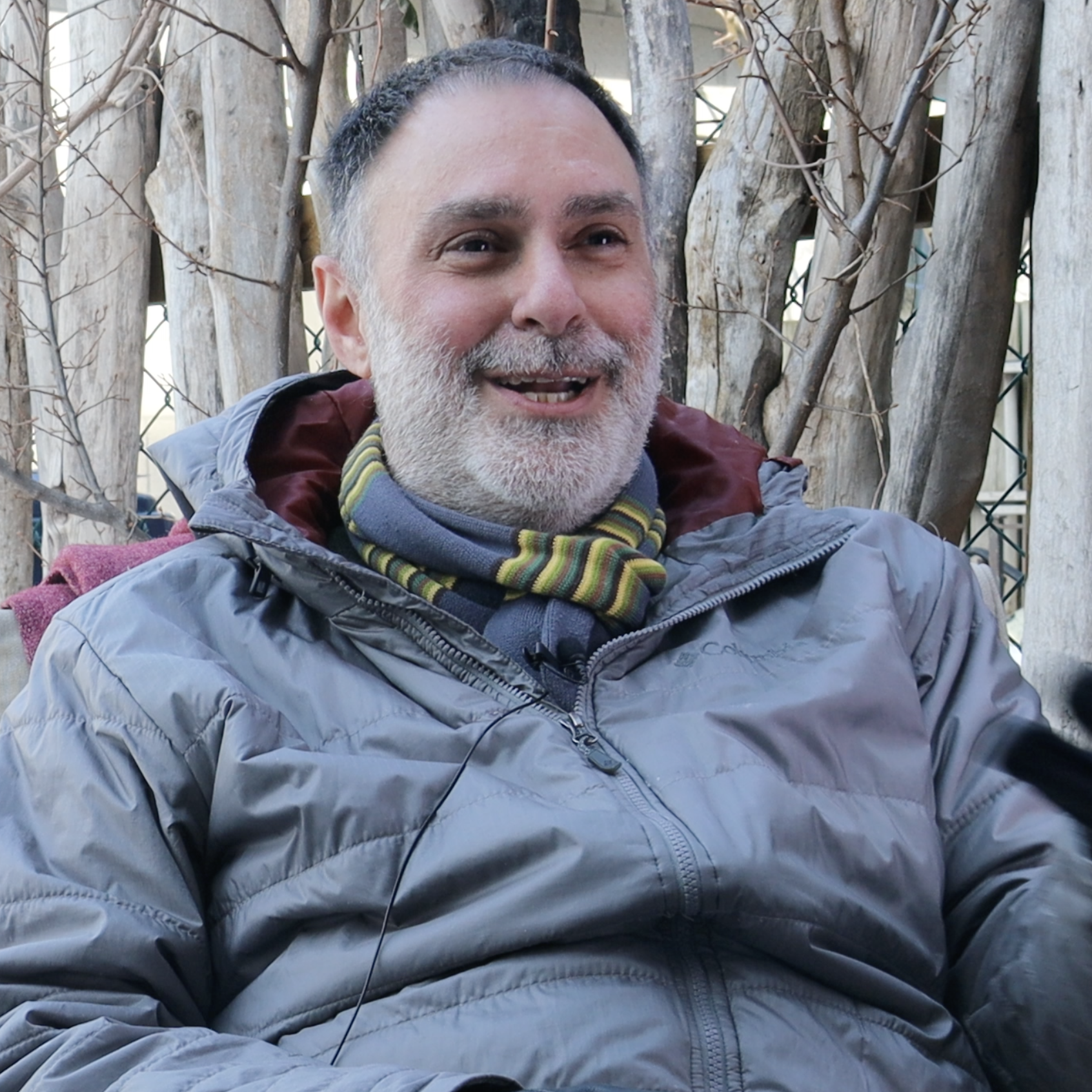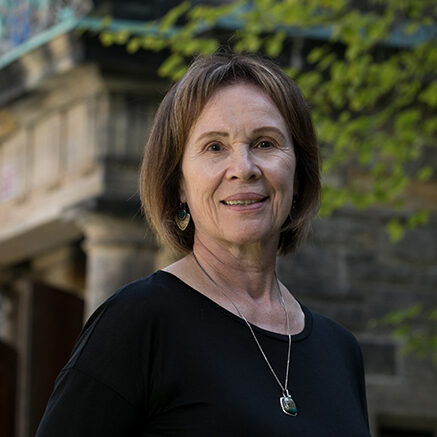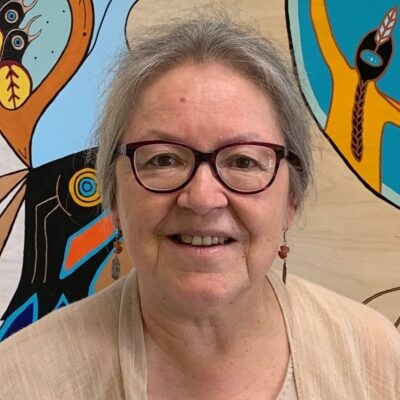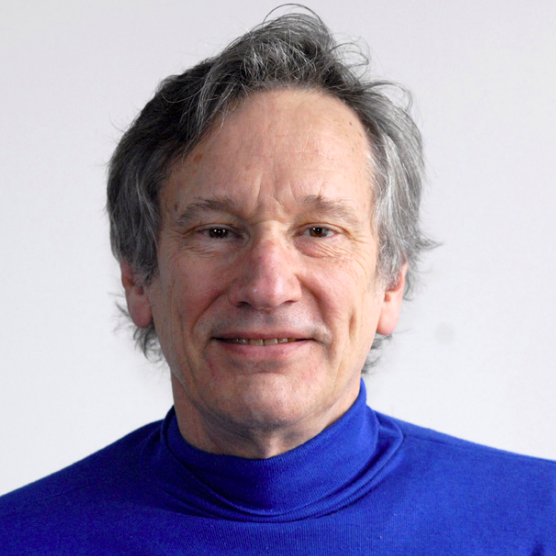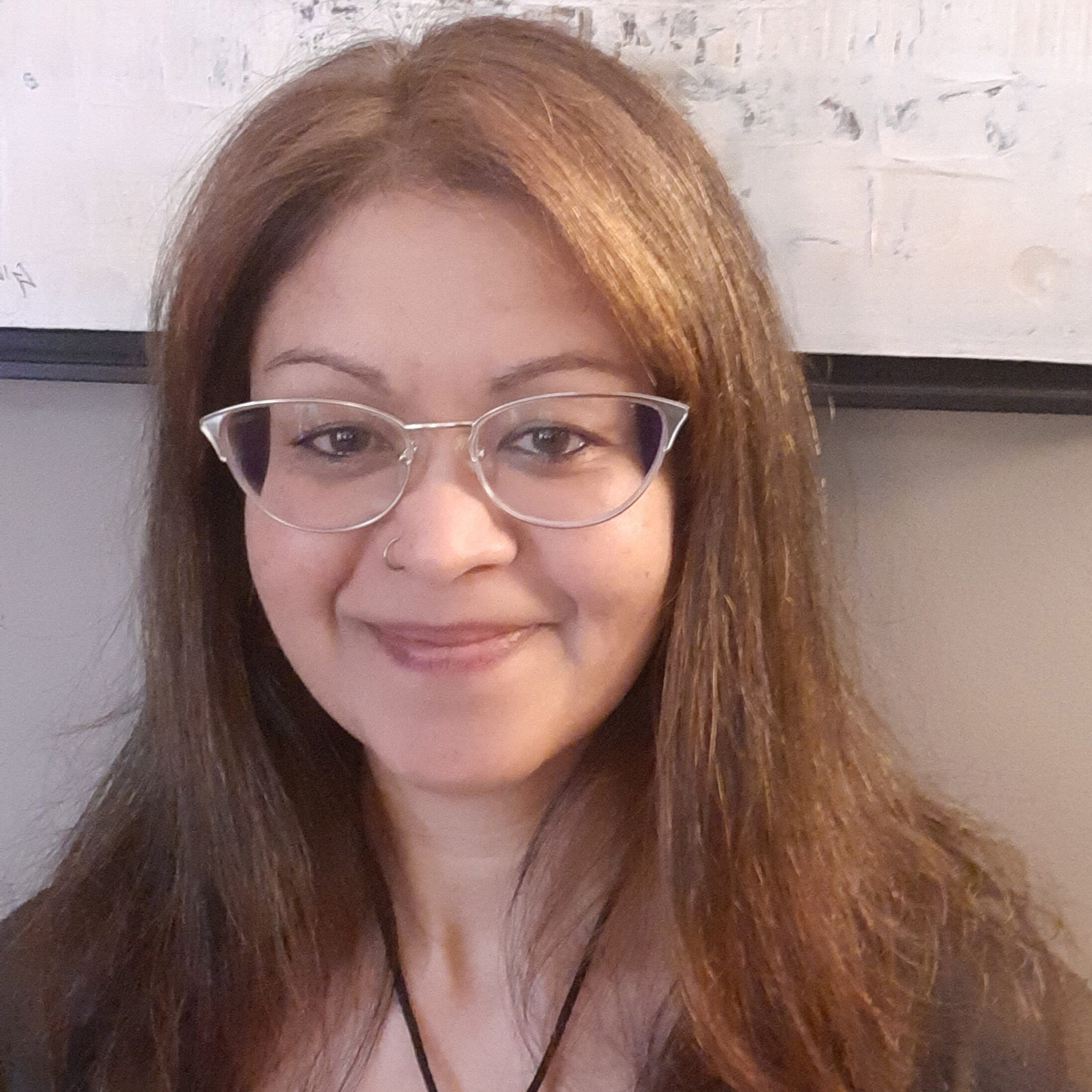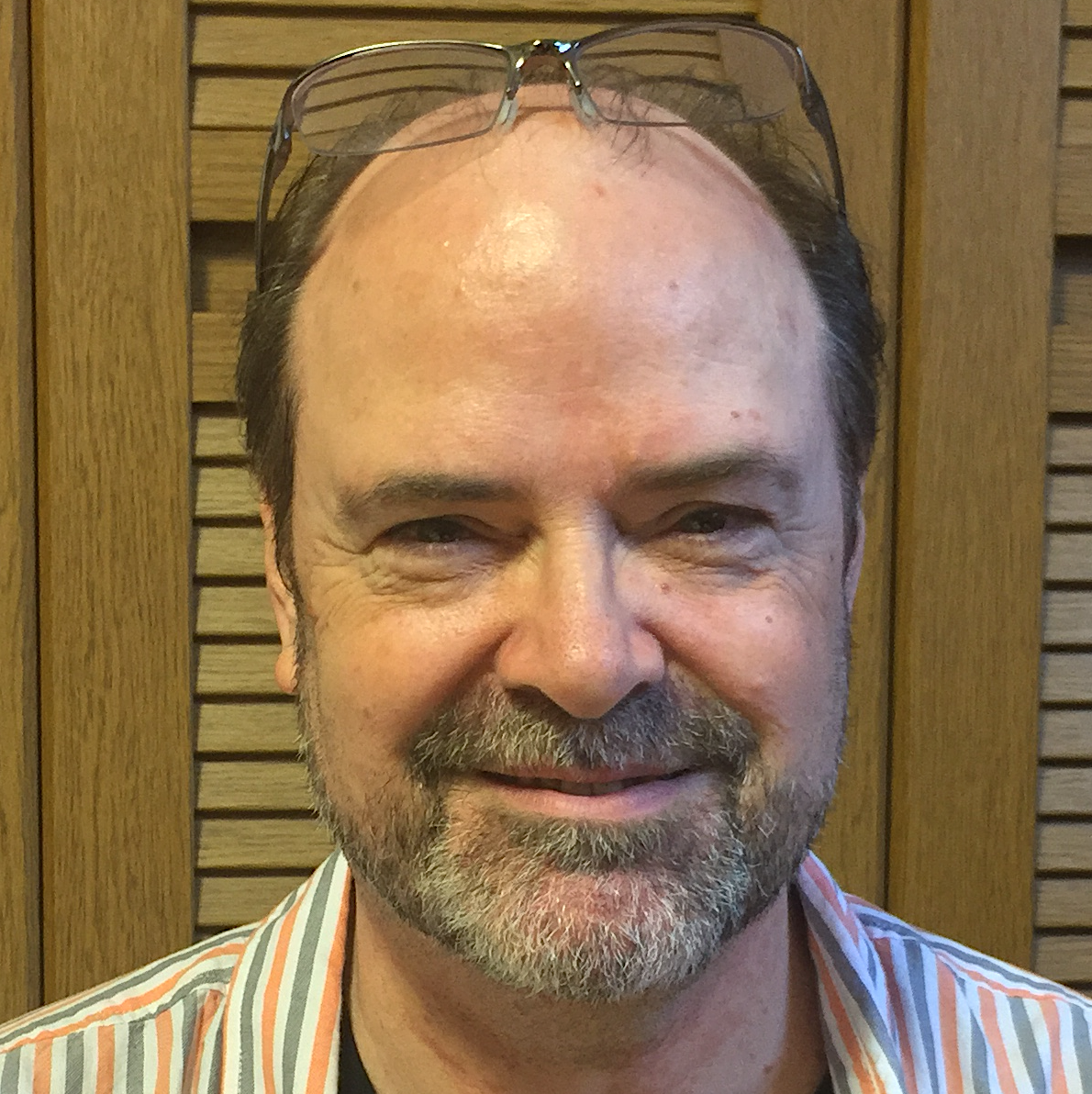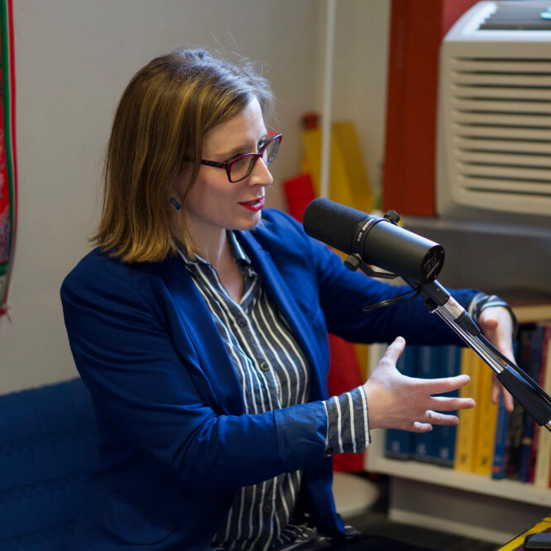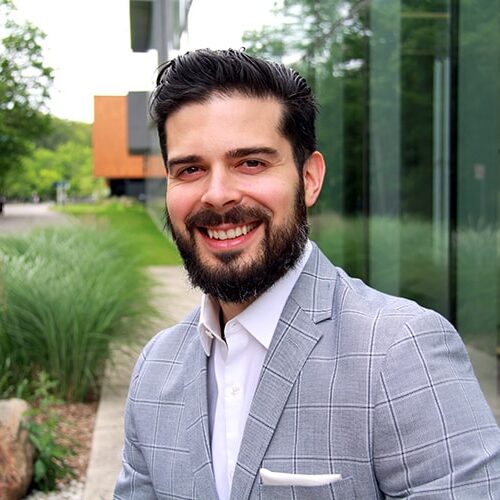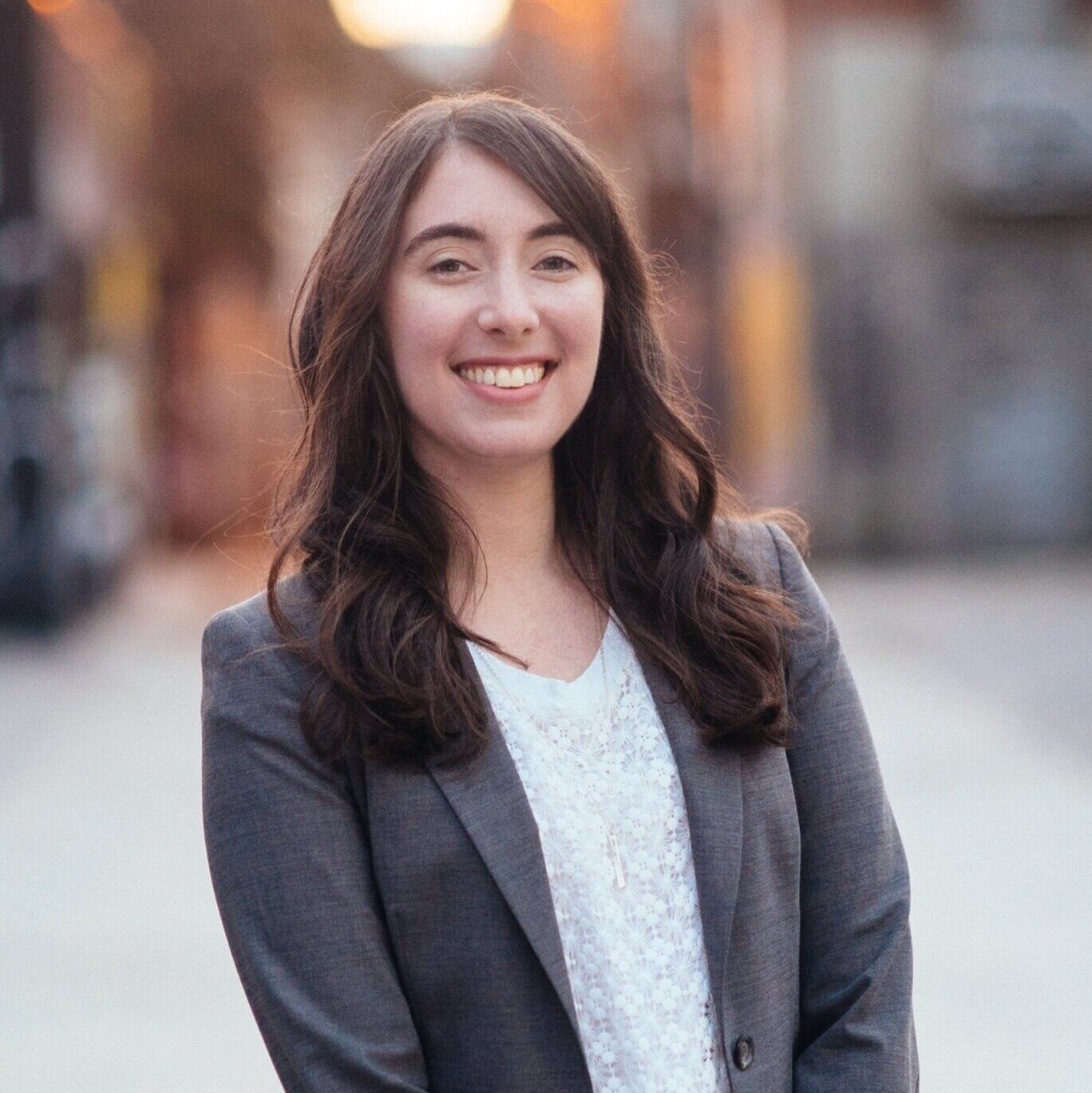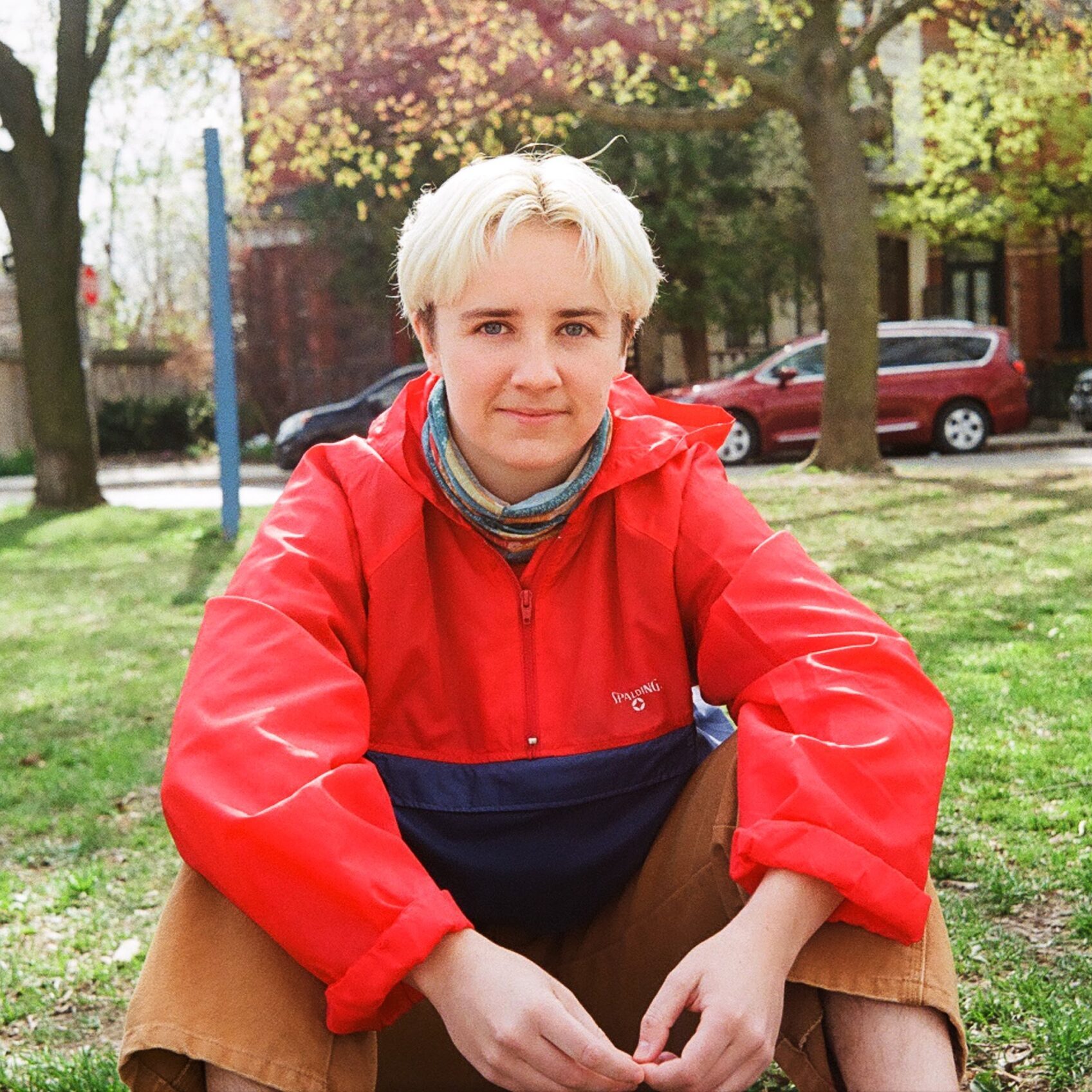Explore wellbeing, practice flourishing
A guide for students and instructors in higher education
Being well can look differently depending on cultural background, experiences, and opportunities. Learn about models of collective and individual wellbeing and reflect on its place in your life and community.
Suffering can be perpetuated on a systemic level, as well as the individual or communal level. Discovering the roots of suffering can help us cultivate a response to it, balancing personal practices and social action.
Awareness of mind, body, and environment are crucial to wellbeing. Learn why, and find out how you can bring more awareness into both individual and collective action.
Explore skills and strategies to help you take back power. When our learning becomes experience, we can flourish and work to dismantle systemic obstacles.
Why Windvane?
Channeling our natural energies
As we are blown by waves of grief or fires of rage, a global pandemic, climate disaster and social injustice, can we channel our energies into strengths? Windvane offers resources and practical exercises for understanding and encouraging
wellbeing in our difficult lives. Hear more from contributors, students, and project creator, Dr. Frances Garrett, about
why we need Windvane.
First steps
Amidst a pandemic, social unrest, and systemic injustice, can your university experience be a time of flourishing?
Understand your situatedness and your strengths
Chart a path to greater collective and personal wellbeing and plan for when things are hard
Learn where, when, and how to call for help
Tips for supporting student wellbeing in the classroom
Along the path
Cultivate Awareness
Learning to focus our attention can help empower us in thought and action
Learning to sense the subtle messages of our bodies can have unexpected benefits
Seeing and fostering interconnectedness through allyship, awareness of our social positions, vulnerability, and compassion can nourish individuals, communities, and the planet
Contributors
Meet the University of Toronto faculty, staff, students, and alumni who created and contributed to this project.
Student Voices
Feedback from students doing “self-care” work as part of their university coursework
I want the professors to know that this assignment was taken seriously, it was effective, and it provided a safe space for me. I took time in my day to complete my plan and as a result, I feel empowered and also very grateful for this assignment.”
Student, Fall 2021
University of Toronto
This time of year is usually terrible for my mental health, but I feel like this module and my flourishing plan has greatly improved my wellbeing, and equipped me with the tools needed to take better care of myself in the future.”
Student, Fall 2021
University of Toronto
Turns out simply writing about my feelings helped me in so many aspects.”
Student, Fall 2021
University of Toronto
I have never dedicated so much time to myself before and it was very beneficial for me in terms of self-confidence, putting my health first, tuning into my emotions on a deeper level, and improving my daily productivity.”
Student, Fall 2021
University of Toronto
The city of Toronto is located in the Dish With One Spoon Territory.
The Dish With One Spoon is a treaty between the Anishinaabe, Mississaugas and Haudenosaunee that bound them to share the territory and protect the land.
Subsequent Indigenous Nations and Peoples, Europeans and all newcomers have been invited into this treaty in the spirit of peace, friendship and respect.


